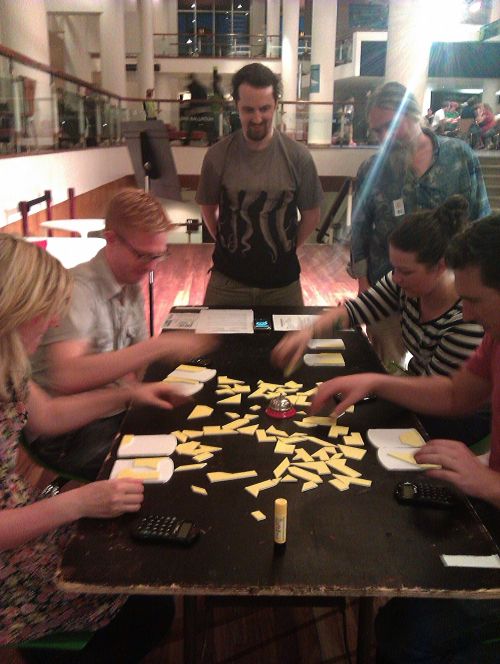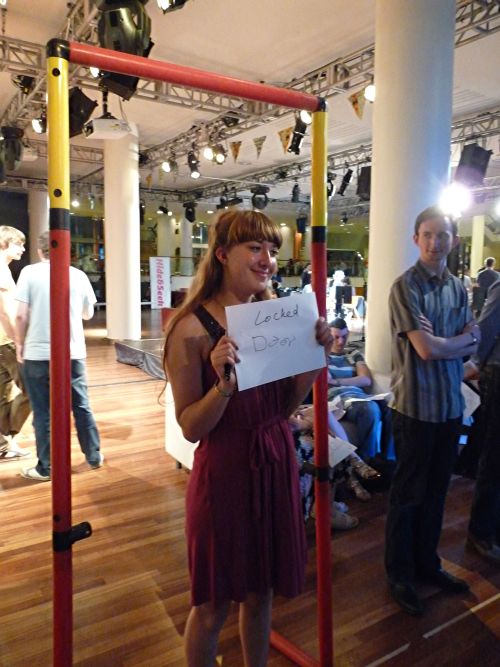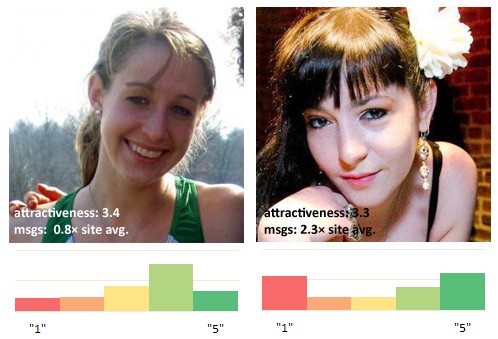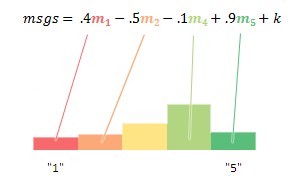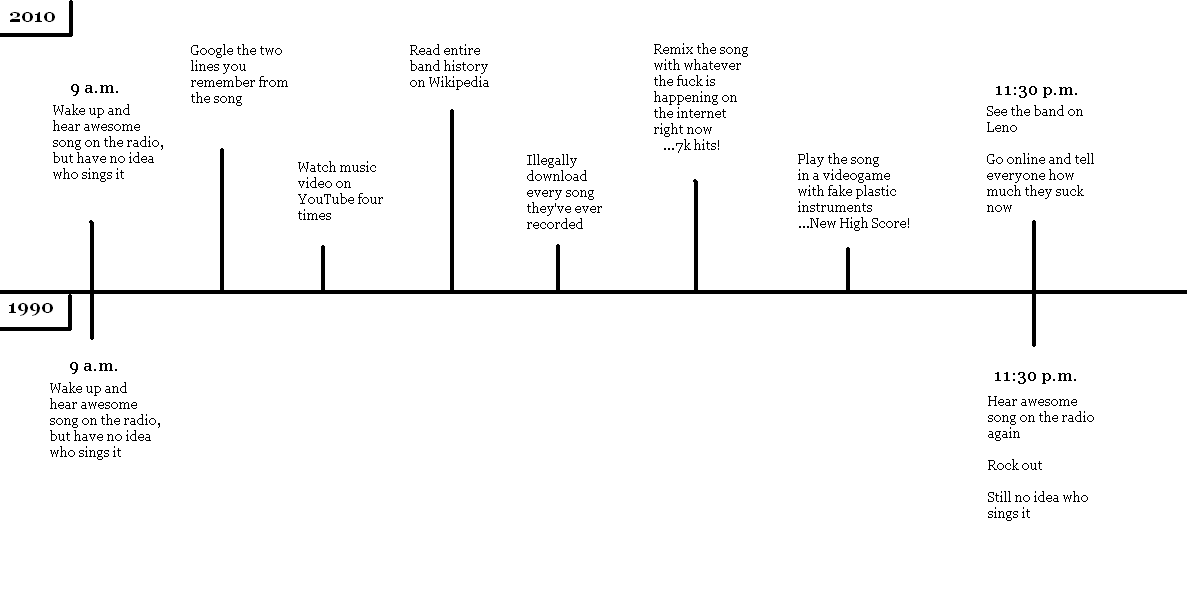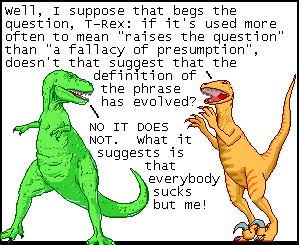Lesser known Trolley problems
Trolley problems are thought experiments in ethics in which one typically evaluates who one might sacrifice to save someone else, as well as whether inaction involves less culpability than action. They quite neatly distil certain ethical problems, but are also so extreme and implausible that it feels slightly uncomfortable to draw general conclusions from them.
I recall an interesting debate on the radio in which someone was proposing measures to protect endangered wild tigers (at some cost to some group of humans; I don’t remember exactly what), and she was given the following challenge: if you had a gun, and one of these endangered tigers was about to attack and kill a man, would you shoot the animal? “I don’t think that’s a very useful question,” she responded, “for example, what if that man had killed your daughter. Would you still choose to shoot the tiger then?” to which they responded: “Well that’s just silly.”
Anyway, here’s a nice collection of examples along those lines: Lesser known Trolley problems variations. For example:
There’s an out of control trolley speeding towards four workers. Three of them are cannibalistic serial killers. One of them is a brilliant cancer researcher. You have the ability to pull a lever and change the trolley’s path so it hits just one person. She is a brilliant cannibalistic serial killing cancer researcher who only kills lesser cancer researchers. 14% of these researchers are Nazi-sympathizers, and 25% don’t use turning signals when they drive. Speaking of which, in this world, Hitler is still alive, but he’s dying of cancer.
Stop YouTube Autoplay
Most internet companies make money from advertising, and therefore (only slightly indirectly) from your attention. As a result, once they have your attention, they are desperate to keep it. That’s why you’ll see other articles heavily pushed at you when you finish reading one (or even when you’ve just started reading one, as that’s when most people will bail), why Spotify will do anything with its UI to trick you into listening to a never-ending stream of music rather than just what you chose, and why, most recently, YouTube has started automatically forwarding you from the end of your chosen video to the start of one that it has algorithmically guessed you might like (or are perhaps least likely to stop).
YouTube’s algorithm is pretty good, so this is a little bit like being provided with a bottomless bowl of nachos that’s difficult to stop eating from. In order to take the bowl away, you have to switch off the little switch at the top of the recommended videos list on the right, like so.
Review of a petrol car
I enjoy reviews in which Status quo bias is revealed by reviewing something with that bias reversed (I mentioned a couple in Things 130). In particular, we tend to take the disadvantages of existing technology for granted, so when a new technology has different disadvantages it can seem much worse. Here, Tesla Club Sweden review a petrol car.
One could hear the engine’s sound and the car’s whole body vibrated as if something was broken, but the seller assured us that everything was as it should. The car actually has an electric motor and a microscopically small battery, but they are only used to start the petrol engine – the electric motor does not drive the wheels. The petrol engine then uses a tank full of gasoline, a fossil liquid, to propel the car by exploding small drops of it. It is apparently the small explosions that you hear and feel when the engine is running.
Origin of the Crystal Maze
A lovely look back at how the Crystal Maze came about, and the logistics of filming the show.
We were going back and forth to Paris and one day they drove us to an industrial part of Paris and opened a warehouse door and there was a crystal dome. We said, “What are you doing with that?” They said, “We don’t don’t know, we just built it, but we don’t know what to do with it.” We said, “We’ll have that!”
GIF of the month
Helps if you’ve seen Pacific Rim, but not essential.
– Transmission ends
